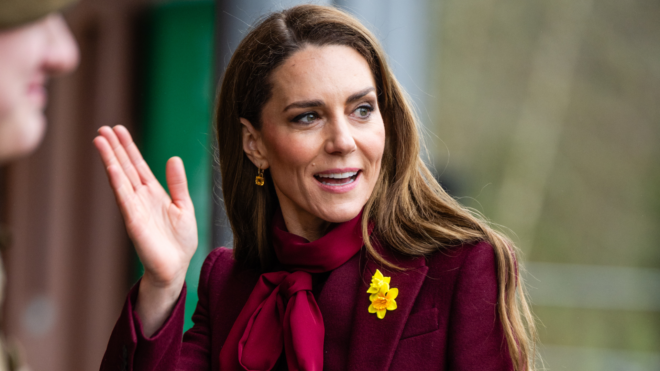Forget Goals, Let's Reflect

Here’s a different take on New Year’s resolutions with your kids. Instead of asking them to set goals and promises for the coming months, help them do a little reflecting about who they are and who they want to be. Don’t make the conversation too lofty or idealistic, and try to avoid sermonizing. Just set the scene for a reflective dialogue that helps your kids think about themselves and their relationships and activities. Over the next several days, watch for times you can have your children ask themselves questions like these:
Am I a Kind Person?

This simple question asks kids to do some self-examination. Regardless of how they answer, the good news is that they’ll at least consider the way they act toward others. Then you can become more specific with questions like …
RELATED: Acts of Teen Kindness
How Do I Treat My Friends?

Hopefully the earlier question about kindness influences the answer to this one and makes your child see her friendships not only in terms of the fun she and her friends share, but also the ways she interacts with them.
How Do I Treat My Siblings?

Here’s the hard one, right? Most kids will quickly want to focus on the latest injustice perpetrated by their siblings, but you should steer the conversation back to reflection about how they, themselves, treat their brother or sister. Again, the goal is to create some self-awareness.
RELATED: Mommy Likes Me Best
How Do I Treat People I Don't Know?

With this question, you may need to offer a bit more direction. Help your child think about how he talks to a waitress at a restaurant, to a player on an opposing team, to parents of other kids, to anyone else. Introduce the concept that we can make someone else’s day better—or worse—by the way we interact with them.
What in My Life Should I Be Thankful For?

It’s not automatic—for any of us—to stop, reflect on and appreciate how good our lives are. So help your children with this. Help them appreciate how fortunate they are to have a home, a family and a parent who loves them enough to bug them with reflective questions.
Are All People as Lucky as I Am?

This question obviously follows from the previous one. It allows you to add empathy to the insight you’re trying to build. It moves a child toward thinking about others, and toward compassion, which is the root of ethics and morality.
RELATED: Fostering an Attitude of Gratitude
What's Something I Love Doing?

The questions don’t all have to be relational. You can also have your kids think about their own interests and activities. Thinking and talking about their favorite ways to spend time is another way to build self-understanding.
What's Something I'm Good At?

The answer to this question isn’t always the same as the answer to the previous question. In fact, sometimes kids are good at something they don’t particularly enjoy. Becoming aware of this distinction can lead them to make better and more knowledgeable decisions about how they spend their time.
What's Something I Struggle At?

The answer to this question might be something your child wants to work on to improve. Or maybe it won't be. Don't worry too much about leading her to the "correct" answer that "makes her a better person." The reflection, in and of itself, is what matters. This is one of the many times when process matters more than product.
What's My Favorite Part of Myself?

Some kids won’t want to answer—or even think about—this question. It can seem vain, even embarrassing, to talk about what we like about ourselves. So don’t force your child to respond out loud. Just introduce the question, then let it do its work as your child comes back to it whenever it pops up in his mind. Remember, reflection is a process. Trust the process.




